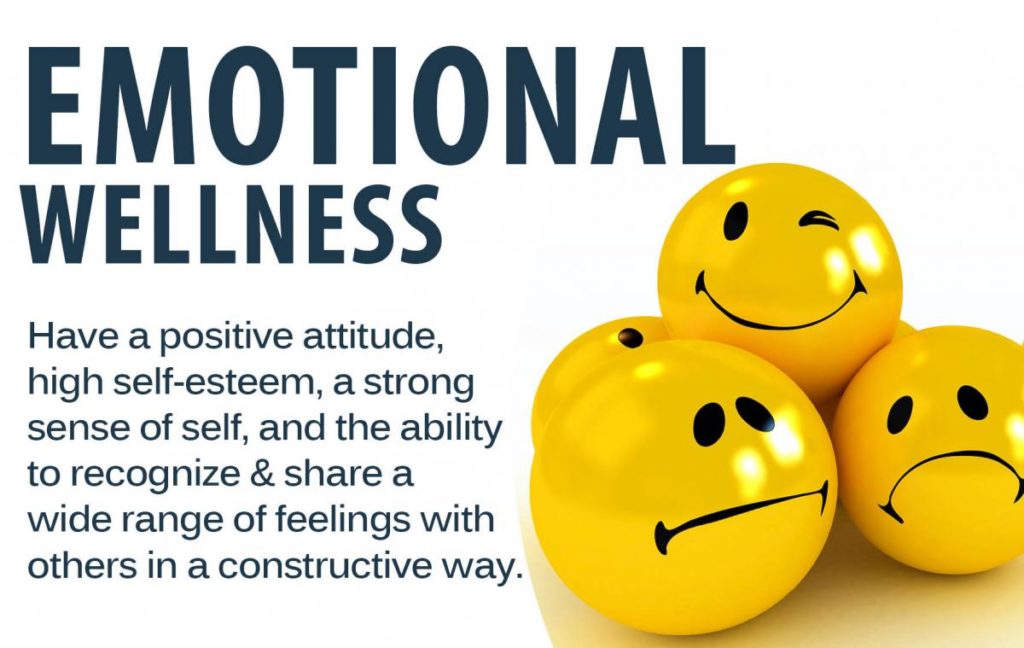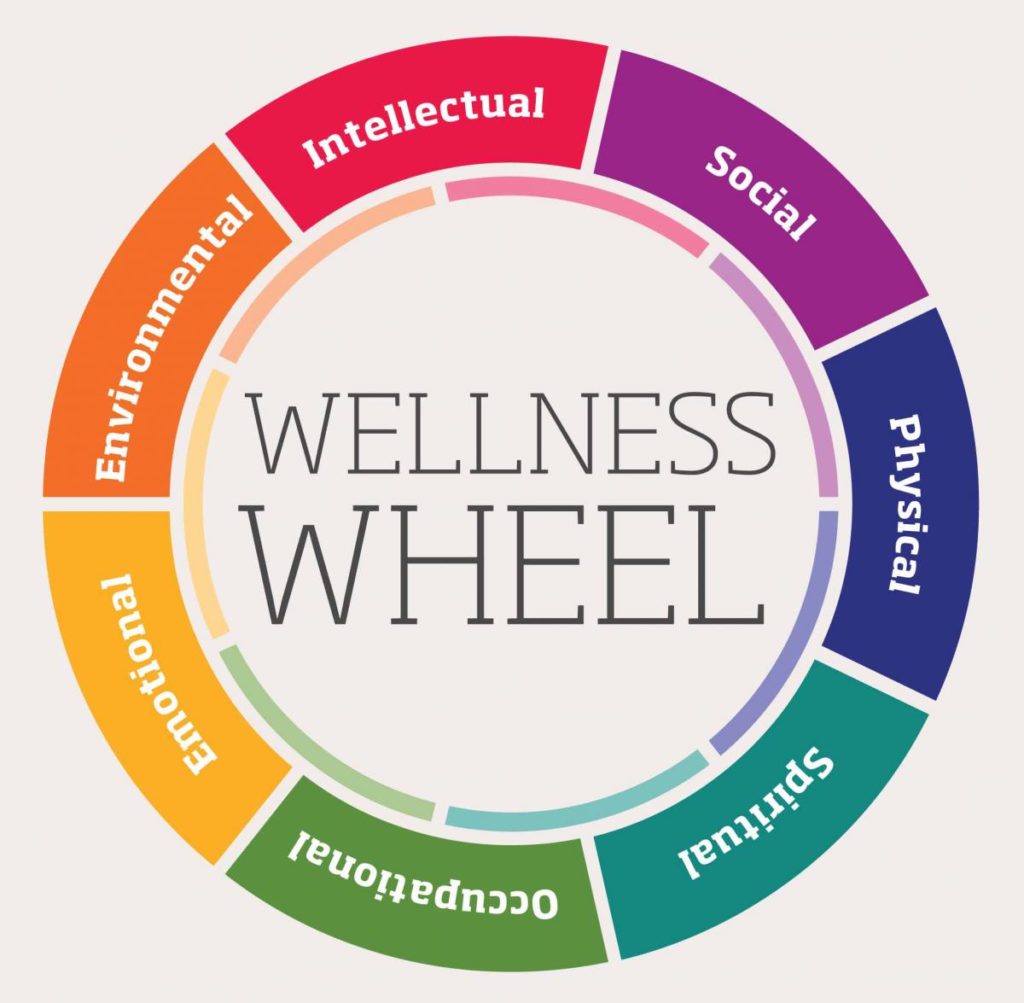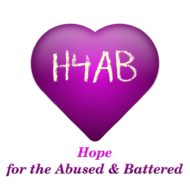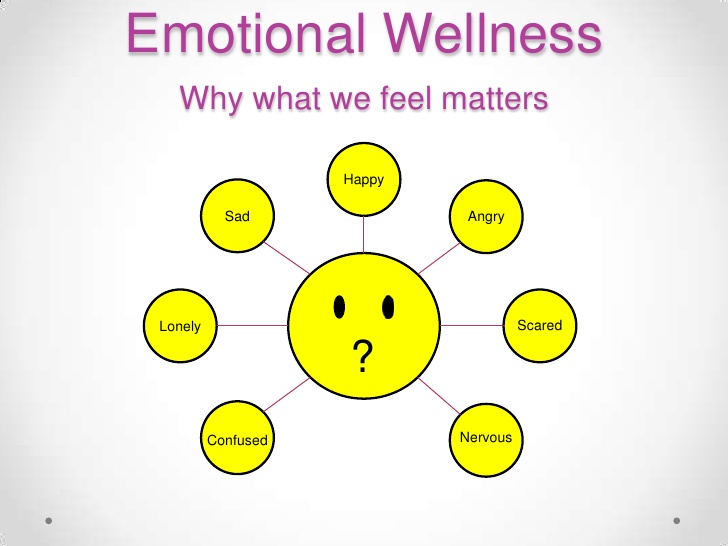Emotional Wellness
How you feel can affect your ability to carry out everyday activities, your relationships, and your overall mental health. How you react to your experiences and feelings can change over time. Emotional wellness is the ability to successfully handle life’s stresses and adapt to change and difficult times.

Emotional Wellness can be a difficult concept to peg – it seems all facets of health connect in some way to your emotions, whether you feel joyful at seeing your favorite sports team win, worried about your deployment, angry at losing a loved one, or any of the myriad emotional responses that everyday life can trigger.
What does “Emotional Wellness” mean?
- Emotional Wellness is emotional self-awareness and acceptance of one’s emotional reactions:
Self-awareness means knowing yourself and your environment, so that your emotional reactions match the circumstances that trigger them. It’s normal to feel agitated by a colleague’s annoying gum chewing habit, but getting angry to the point of wanting to harm your colleague may be a sign that your emotional responses are out of your control.
Acceptance means letting yourself experience your emotions without ignoring them or feeling guilt or shame. Often, Service members wishing to save face in front of their peers may believe repressing emotions is the right way to handle grief, anger, or embarrassment. Not so!
- Emotional Wellness means having the ability to bounce back when emotions take a negative turn and effectively cope with stress:
Bouncing back from negative emotions, like sadness, grief, fear and other classifications of emotional pain, doesn’t mean recovery happens overnight. Emotionally resilient individuals are active participants in their own recovery, thinking positively and seeking help as time heals their emotional wounds.
Coping with stress effectively can be a challenge for Service Members, but it can also be a learned skill in maintaining emotional equanimity during stressful situations. Making conscious decisions to meditate, exercise, turn to friends and family for support, develop effective problem-solving skills, or keep a journal are effective stress management strategies.
- Emotional Wellness means making positive choices and fostering positive relationships:
Making positive choices is one of the simplest expressions of emotional wellness. Individuals who make positive choices act in accordance with their well being, resisting the extra drink at the bar at the end of a stressful day, talking to their spouse about troubling thoughts, or just choosing to pursue optimism instead of pessimism.
Positive Relationships signify an emotionally well individual because having good friends and family means cultivating mutual care and understanding with others, creating a support network, and avoiding those who may send you down a negative path. Remember: a true buddy will build you up – not knock you down!

Know Signs of Emotional Distress
- Inability to eat, sleep, or concentrate
- Negative outlook or depression
- Thoughts or attempts at self-harm
- Irritability, Inability to control anger
- Impulsive behavior
- Feelings of helplessness or hopelessness
- Fearfulness, nervousness or anxiety
- Hypersensitivity to perceived threats, unexplained suspicion or fear
- Feeling emotionally numb or detached
- Inexplicable sadness
- Flashbacks to a traumatic event
- Confusion or disorientation
- Resistance to engaging in everyday activities
- Extreme mood swings
- Loss of work ethic or social functionality
- Poor self-care
We want to #BetheHope, do not hesitate to reach out to us if you need help in the midst of any hopeless situation

